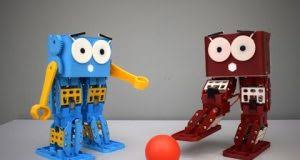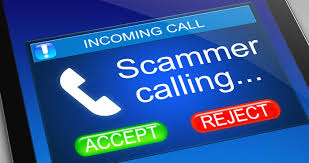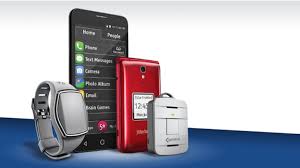The United States faces a fundamental mismatch between surging demand and insufficient capacity.
2026 Physician Fee Schedule, released in July, directs reimbursement toward remote monitoring and value-based care in the home.
Older adults can save tens of thousands of dollars annually by choosing assisted living communities over aging in place in their homes.
Unlike point solutions, Inspiren unifies resident safety, care planning, staffing, and emergency response into a single AI-powered platform.

 Reading the employee microchip article – does it make you shudder? Observe the development and evolution of modifiers for the word technology. Words like sustainable, appropriate, autonomous all come to mind. With the
Reading the employee microchip article – does it make you shudder? Observe the development and evolution of modifiers for the word technology. Words like sustainable, appropriate, autonomous all come to mind. With the  As summer winds down, innovators rev up. August is winding down -- the calm before the autumn slew of activity. Nonetheless, new milestones and partnerships were announced this month, including
As summer winds down, innovators rev up. August is winding down -- the calm before the autumn slew of activity. Nonetheless, new milestones and partnerships were announced this month, including  Many years ago, when the phone rang, we eagerly picked it up. That was then. For good or ill, families want to text, message and chat. And the phone call has turned into a source of harassment and scams. Robocalling is a modern torment, sometimes multiple back-to-back dials from the same source, often spoofing our
Many years ago, when the phone rang, we eagerly picked it up. That was then. For good or ill, families want to text, message and chat. And the phone call has turned into a source of harassment and scams. Robocalling is a modern torment, sometimes multiple back-to-back dials from the same source, often spoofing our  First take – this links together multiple Best Buy initiatives, starting in 2011. Look at the history of Best Buy. First a
First take – this links together multiple Best Buy initiatives, starting in 2011. Look at the history of Best Buy. First a  Voice First technology – triaging the healthcare opportunity. This week’s Voice of Healthcare Summit in Boston offered up some intriguing attempts to create new
Voice First technology – triaging the healthcare opportunity. This week’s Voice of Healthcare Summit in Boston offered up some intriguing attempts to create new